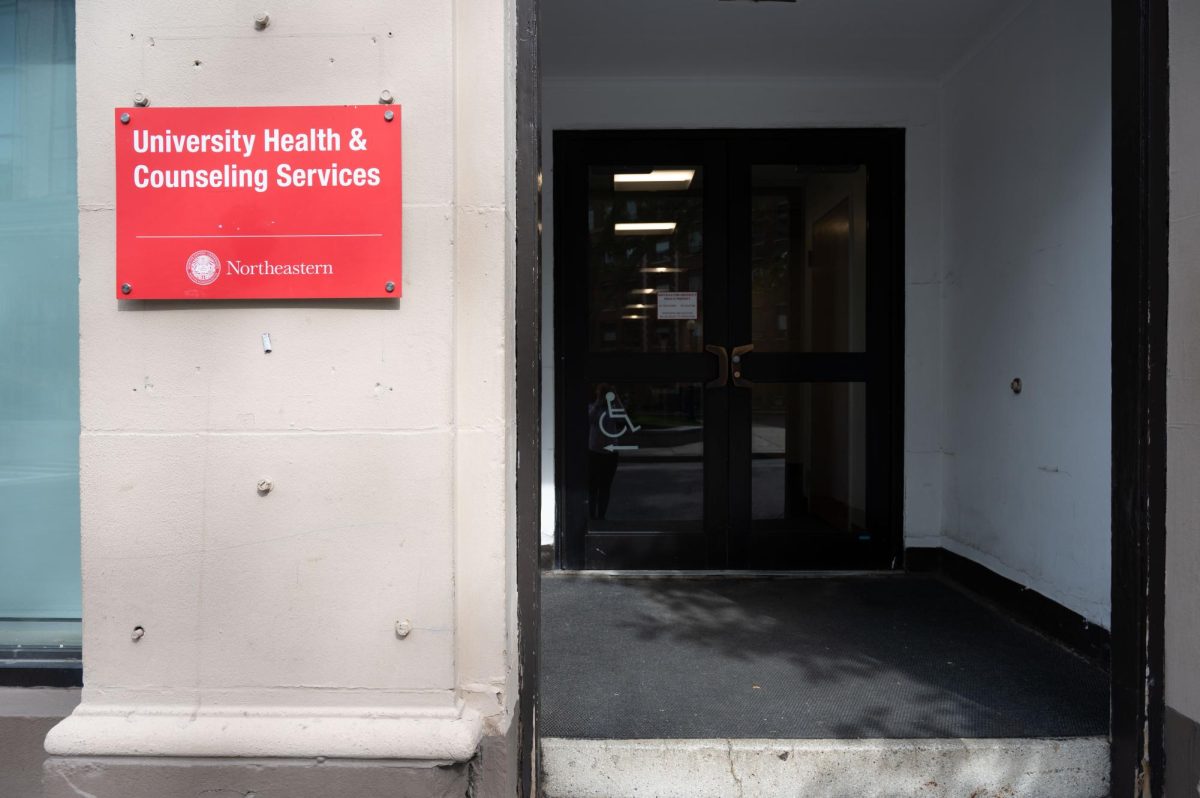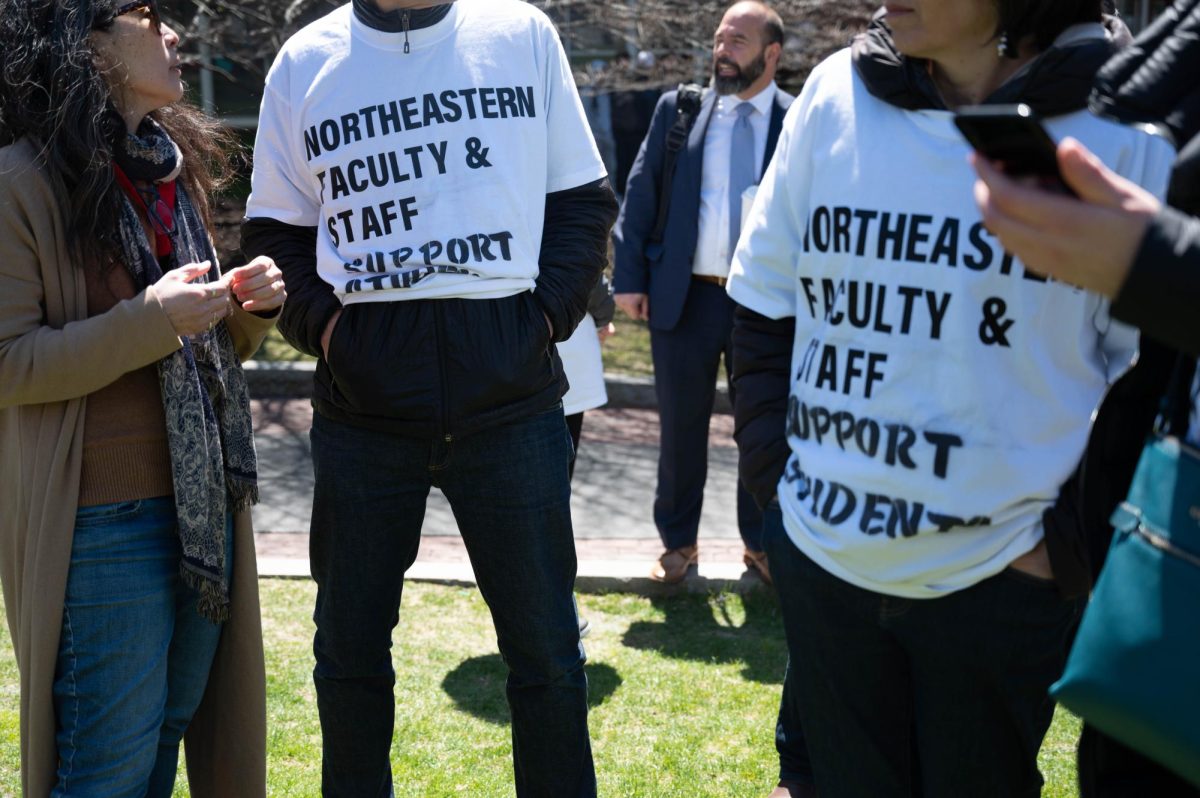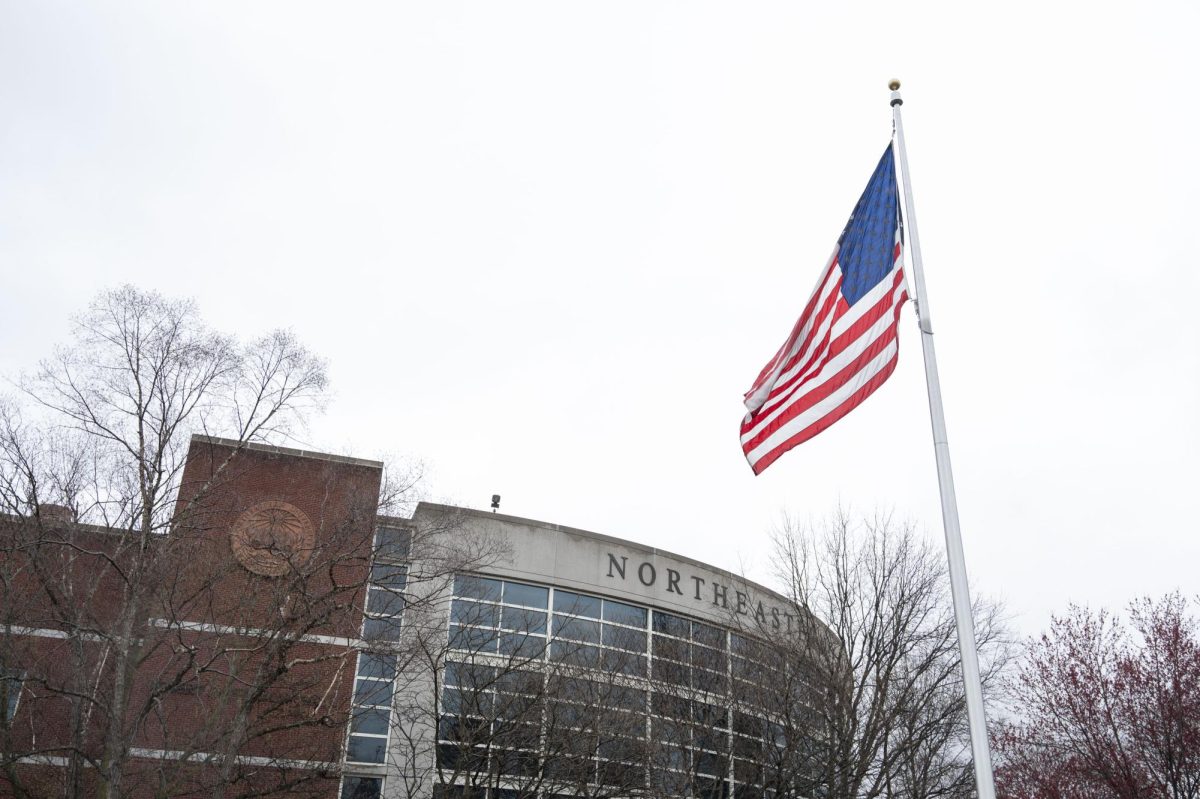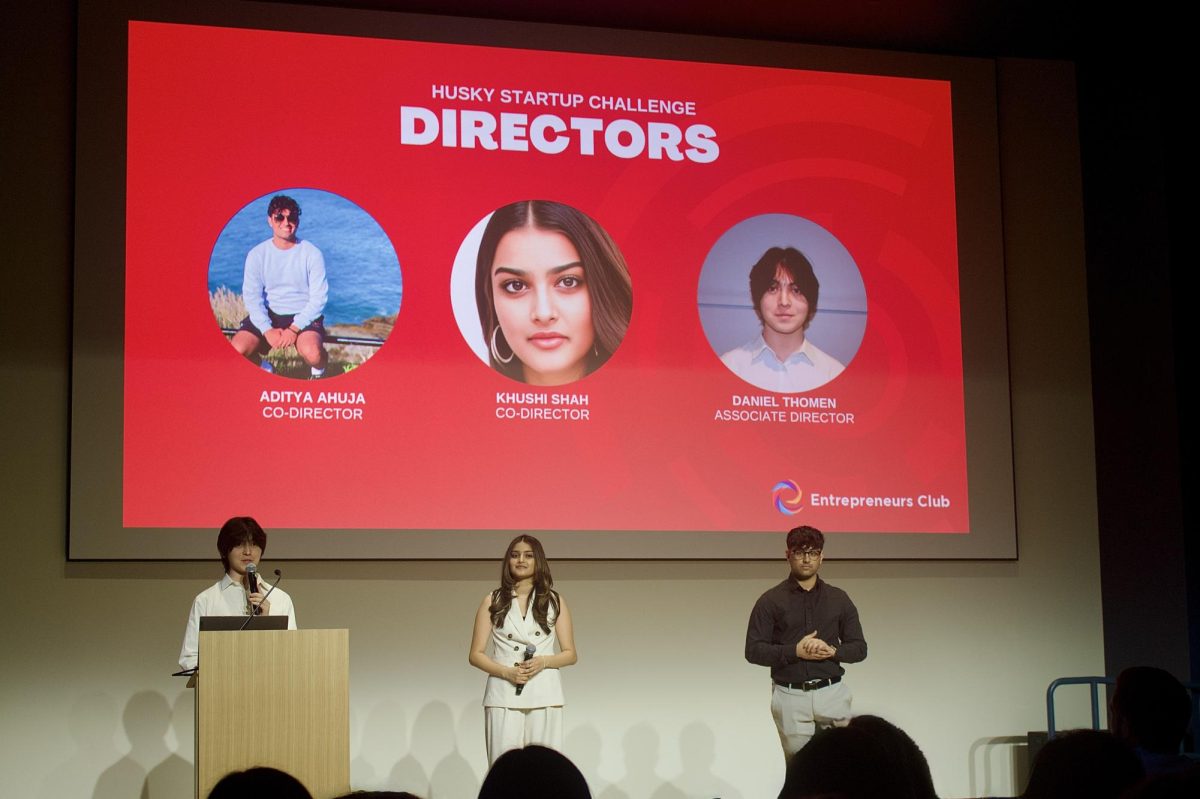On Nov. 16 the Motion Picture Association of America (MPAA) filed its first suits against illegal movie downloaders. This move is a part of the association’s new campaign to crack down on online movie piracy, especially on college campuses.
Because of the high-speed Internet access available to many college students, officials from the MPAA said they are focusing their campaign on this demographic. In June, the MPAA announced plans to work with over 120 colleges and universities across the country to create and self-enforce codes of conduct for student computer use on campus networks.
At Northeastern, appropriate network use is always a concern, but the situation is nothing new, said Vice President for Information Services Bob Weir.
“The RIAA [Recording Industry Association of America] has been active in enforcing for a number of years,” Weir said. “So in a sense the letters change, but the university’s response remains the same.”
Weir said Northeastern does not monitor content on the university’s network. Instead, Information Services (IS) uses a system called “Top Talkers” to track how much network demand each customer requests. Heavy file-sharers typically request exceptional amounts of bandwidth, or network space, Weir said.
When a “Top Talker” is identified, their network service is temporarily suspended and they are informed of the violation. IS will then offer to assist in the set-up of the person’s workstation. Frequently the heavy network usage will be the result of a virus and the customer will be unaware of the violation, Weir said.
While Weir and IS do not personally monitor content, they will readily cooperate with organizations seeking information on individuals committing illegal activity, such as the MPAA.
In 2003, Northeastern turned over the identity of a student being subpoenaed by the RIAA. Both Boston College and Massachusetts Institute of Technology initially fought similar subpoenas on procedural grounds. However, BC later turned over the identity of a subpoenaed student. The anonymous student and the RIAA settled out-of-court for an undisclosed sum.
The announcement of another organization, in addition to the RIAA, pursuing legal action against online pirates has some students worried.
“I used to do a lot of downloading but now I think it’s getting a little shady. With the MPAA suing people it’s getting easy to track people,” said Jon Dube, a junior English major.
Other universities are taking greater action to curb illegal file sharing. The University of California at Los Angeles has announced the use of a “quarantine approach,” said Jim Davis, associate vice chancellor of informational technology at UCLA.
Davis said under the new approach, when UCLA is notified one of their customers is in violation of copyright infringement, the customer’s network access is disallowed until they remove the offending media from their computer.
The University of Florida is taking even greater steps to tackle the issue by banning all peer-to-peer file-sharing networks, such as Kazaa, from their campus residence halls.
Weir said the school has no plans to adopt such policies.
“We have not, and will not, limit the technologies and sites our students utilize,” Weir said. “When we have information about a service such as Kazaa that will help our customers make better informed choices, we will pass it along, but the decision is the students’.”
Even with Northeastern offering cooperation with law enforcement officials if a problem becomes apparent, some students say they are still not concerned.
“There are too many people on [the networks] and I’m not that heavy a downloader. The way they track people is based on your downloading and I don’t do enough,” said Matt Bouchard, a sophomore chemical engineering major.
According to the MPAA, between 400,000 and 600,000 films are being illegally downloaded each day.
Weir said IS will take action if problems are persistent with any network users.
“We’ve yet to have to report anyone to Judicial Affairs, but if an individual repeatedly refuses to adhere to university guidelines that is the path we would take,” Weir said.









